Inside Copenhagen Flames, the only profitable esports team on record
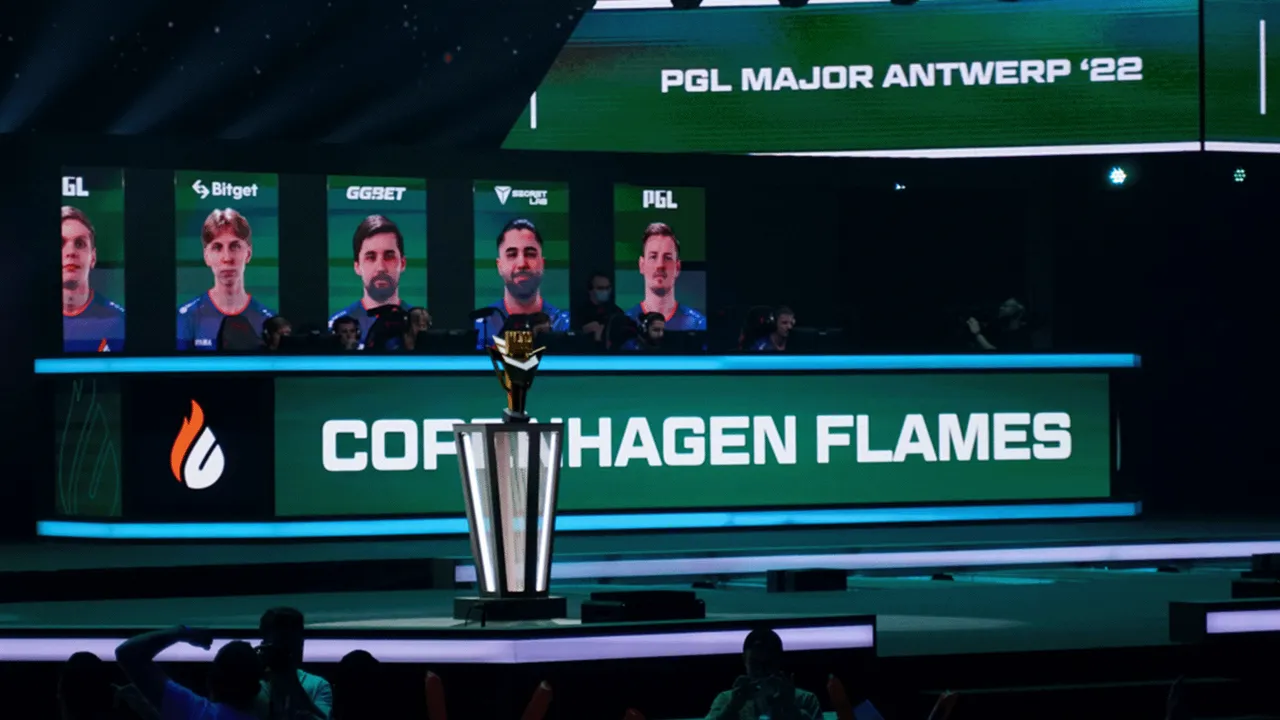
If you've been following our financial reporting throughout 2022 then you'll be well aware that every esports company that shares its financial performance publicly is losing money. Except one.
The likes of Astralis and FaZe Clan are public companies. Part of the deal there is that they have to reveal their monetary performance on a quarterly basis and, so far, it's not been particularly pretty. The only company to actually share a positive, profitable result for 2021 is an esports organization which isn't publicly listed: Copenhagen Flames.
While they only made $6,351 for the year, it's an encouraging sign generally and proof that teams don't need to burn millions of dollars just to get by. Hitmarker spoke with Copenhagen Flames CEO Steffen Thomsen to delve into the company, including its business model and why it decided to share the result on social media.
Failing fiscally? Are these dramatic multi-million-dollar losses simply a result of investment or is something just not working?
- Players are the stars of the show in esports and rightfully so. They're the competitors, the entertainers. But the amount of money they've grown accustomed to, especially in the more popular titles like League of Legends, CS:GO, and VALORANT, means they're commanding eye-watering salaries that create a huge financial deficit for the organizations that pay them.
- "I think it has a lot to do with the fact that in terms of revenue streams, these haven't really caught up to the expected salary demands from players," Thomsen told Hitmarker. "When you try to close the gap from tier two to tier one it can cost around $15,000 to $20,000 more per player in terms of salary, that's a huge gap so you need to find money elsewhere."
- The typical revenue streams for organizations are lacking. They spend millions to compete and try to recoup that salary spend through partnerships and selling merchandise. "There aren’t many clubs who try to drive revenue from things other than just being good at the games and then hoping for sponsorships," he added.
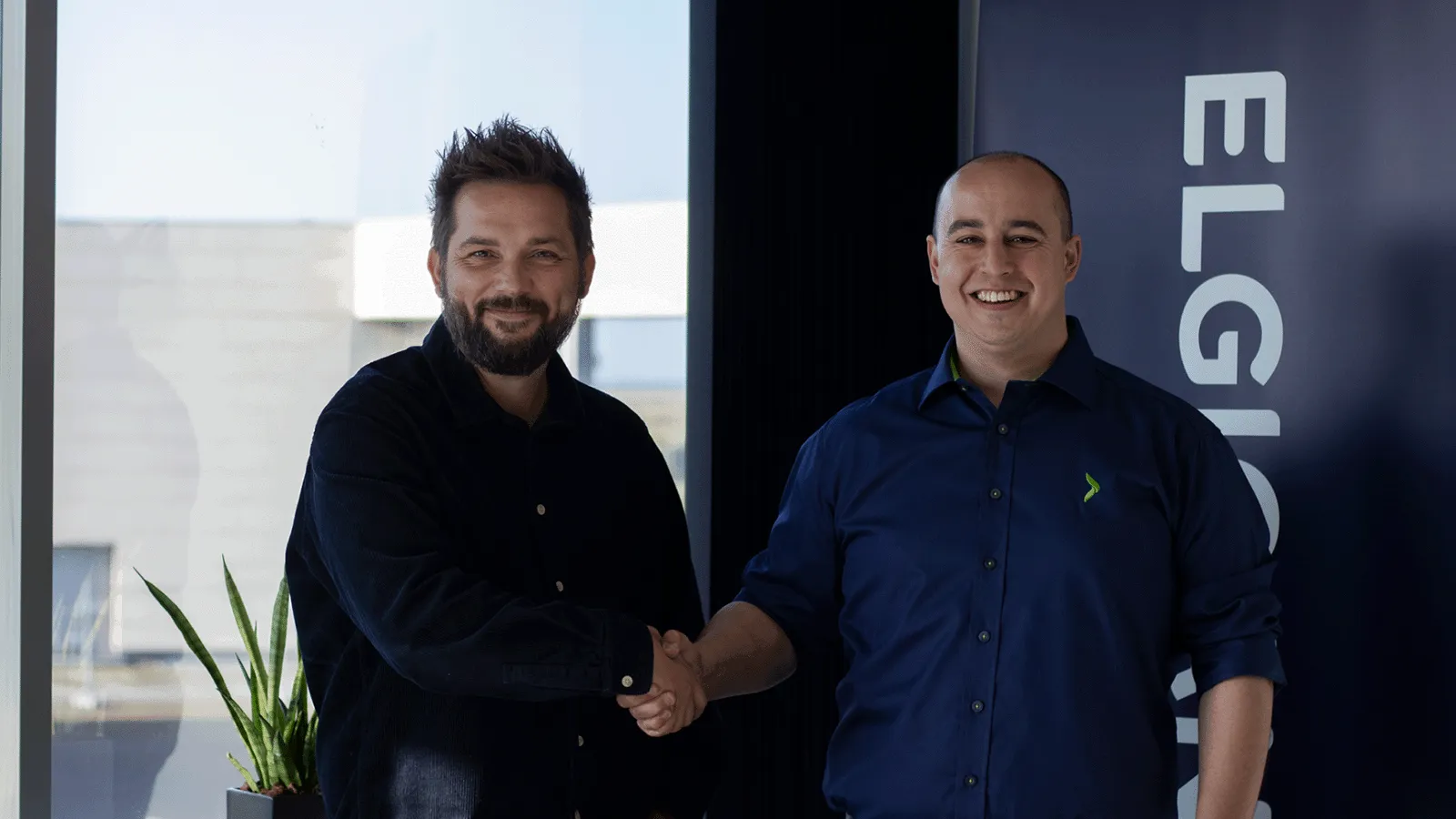
Reducing reliance: What are you doing as an org to prevent dependence on sponsorship revenues?
- "Back in 2016 when I founded Flames, I was very interested in the general football economy and, in Denmark, there was a huge issue with most clubs having huge deficits each year," the CEO said. "I figured that we need to get revenue from streams other than just competing."
- In an attempt to reduce having to rely on performing well in-server and then forging partnerships from there, Thomsen started hosting tournaments with brand partners. So far, these events have been supported by the likes of Red Bull and Danish electronics retailer Elgiganten.
- When establishing partnerships, Flames includes tournaments as part of its deliverables for the deal. Thomsen explained that brands are looking to "have a platform where customers can interact, instead of just buying a product" and these events provide that opportunity.
- Elsewhere, Flames prides itself on its academy system. Aspiring competitors can pay a monthly fee to practice and receive coaching in either CS:GO or Fortnite. The organization also hosts boot camps on weekends and master classes for those who seek specific, more nuanced training.
- Finally, it sells its content to brand partners. This has been part of the plan since day one, Thomsen told Hitmarker, as he aims to have the team's expenses sit at "50/50 between management and sporting staff."
Diversification: Top organizations have been building and acquiring complementary businesses in an attempt to create additional revenue streams and actually make some meaningful income.
- Alongside owning TSM, Swift Media owns talent agency ICON and AI-powered gaming coach app Blitz.
- Team Liquid also has content production arm 1UP Studios, popular wiki network Liquipedia, and influencer management agency Liquid Media.
- 100 Thieves has a successful apparel operation, it owns gaming peripherals brand Higround, it's building a video game, and it recently launched energy drink brand Juvee.
- Thomsen is cognizant of this trend and its potential financial impact and, as such, has been in talks to discuss complementary "smaller companies" such as internet cafes.
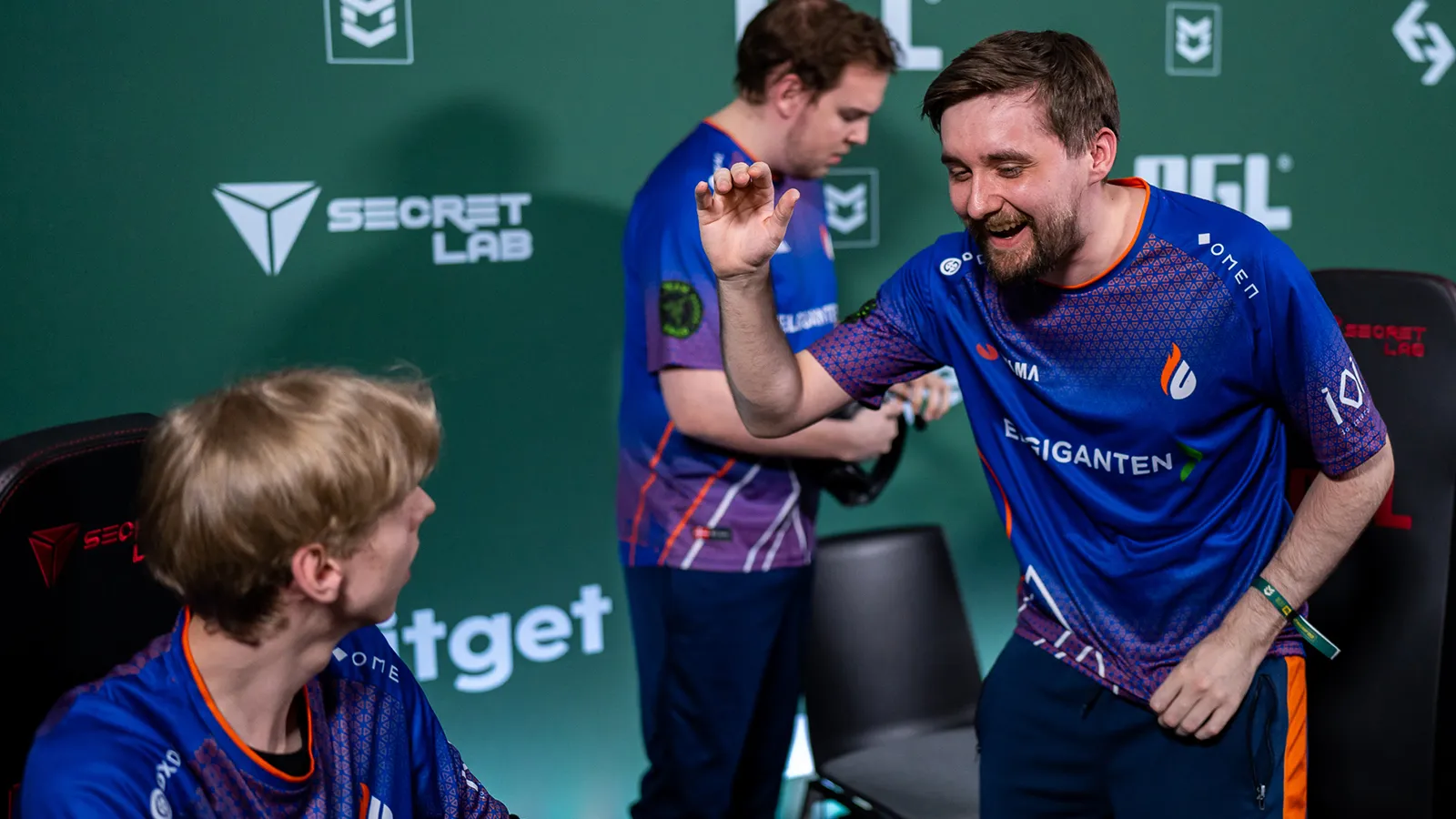
Staying afloat: The ongoing economic downturn, paired with the pre-existing hole in pockets for many organizations, is creating tough times. Layoffs are aplenty and operations across the board are being optimized and scaled back in order for these companies to weather the storm.
- "A few months back, after the war started and inflation started setting in, we started planning in terms of what the budget should look like next year," Thomsen revealed. "We're going through the business from end to end, trying to figure out how can we reduce costs and be more effective."
- Having started preparation for a tricky spell earlier in the year, Flames' CEO is well aware that damage will be done in the long run due to brands tightening their purse strings. The industry's most lucrative revenue stream is going to quieten down for a while. "I can already sense after just talking to some of our current partners that marketing budgets are getting slashed," he added.
- The organization doesn't have an endless pit of funding to fall back on. It has to be mindful of its financial status and budget on an ongoing basis. It's built up enough money to pay its fixed costs for around seven months in advance and is constantly working to increase that reserve. "What I'm looking at now is just being safe and making sure I can pay my employees," he said.
Looking ahead: Despite being in the black financially in 2021, Copenhagen Flames is anticipating making a loss in 2022 due to increased investments in several areas of its business.
- The organization has forgone the traditional esports path of utilizing venture capital money to grow its business. Instead of flashy funding rounds that, for some reason, are celebrated more than companies actually turning a profit, Copenhagen Flames has never sought VC money — nor does it plan on going public.
- "When you go public, you have to spin whatever happens in a positive way," Thomsen said. "I'm not going to go tell people lies or do PR where I know I'm being dishonest in what I'm saying, so we won't be doing that in the foreseeable future."
- Flames is continuing to invest in its academy, helping to develop more and more talent in Denmark. It may even contribute towards producing the future stars of the nation through the program!
- It's also doubling down on hosting tournaments. Considering the events not only help to foster community but are also holistically tied into the organization's brand partnerships, this shouldn't be a surprise.
- Having seen an increase in competitive success over the past year or so, Thomsen is also ensuring that his staff are paid more. "When things go well, we really want our staff to feel it. Not just the players."
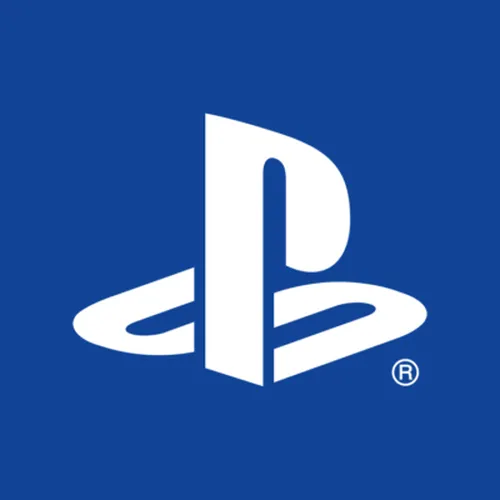 PlayStation
PlayStation
 thatgamecompany
thatgamecompany
 Voldex Games
Voldex Games
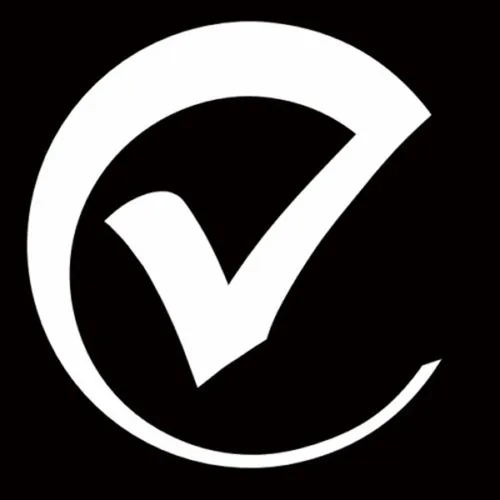 Visual Concepts
Visual Concepts
 Epic Games
Epic Games
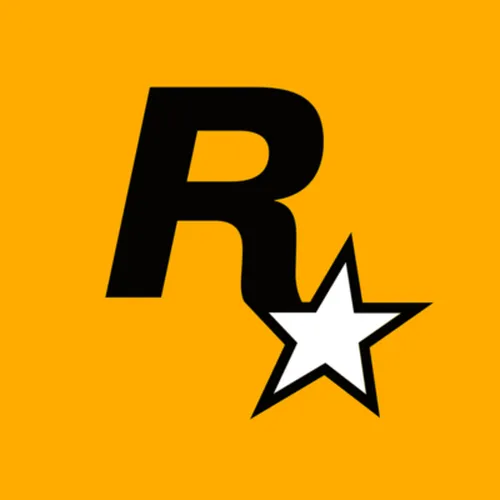 Rockstar Games
Rockstar Games
-
 Sony patents AI podcasts featuring the voices of PlayStation characters
Sony patents AI podcasts featuring the voices of PlayStation characters -
 Epic Games announces Fortnite rewards program for Epic Games Store third-party game purchases
Epic Games announces Fortnite rewards program for Epic Games Store third-party game purchases -
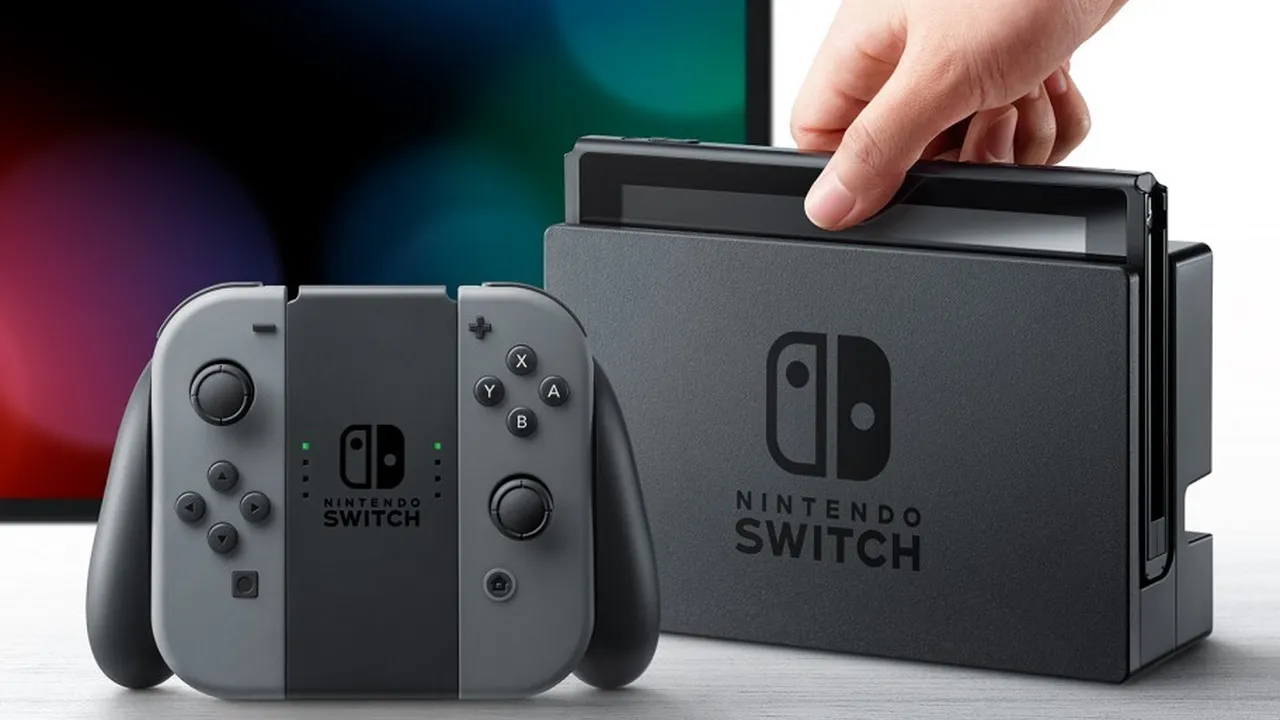 Nintendo Switch officially becomes Nintendo’s best-selling console ever, outselling the DS
Nintendo Switch officially becomes Nintendo’s best-selling console ever, outselling the DS -
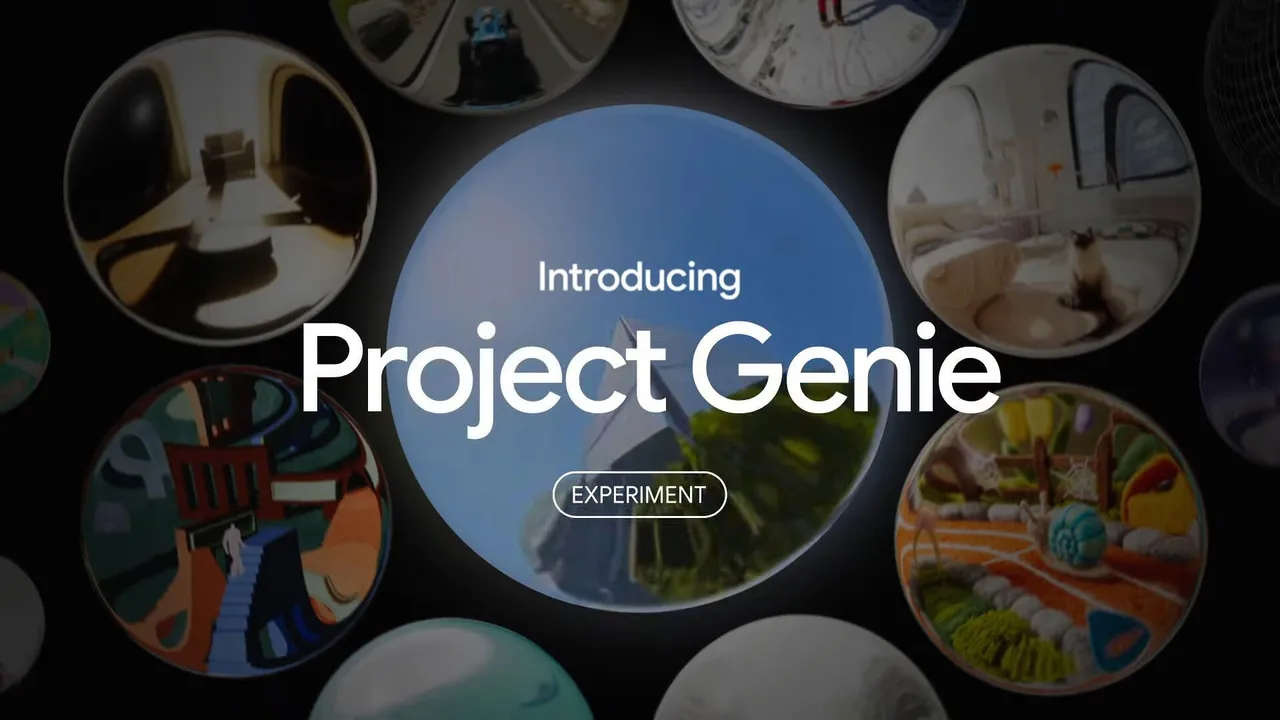 Google's Genie AI "playable world" generator causes game company shares to plummet
Google's Genie AI "playable world" generator causes game company shares to plummet -
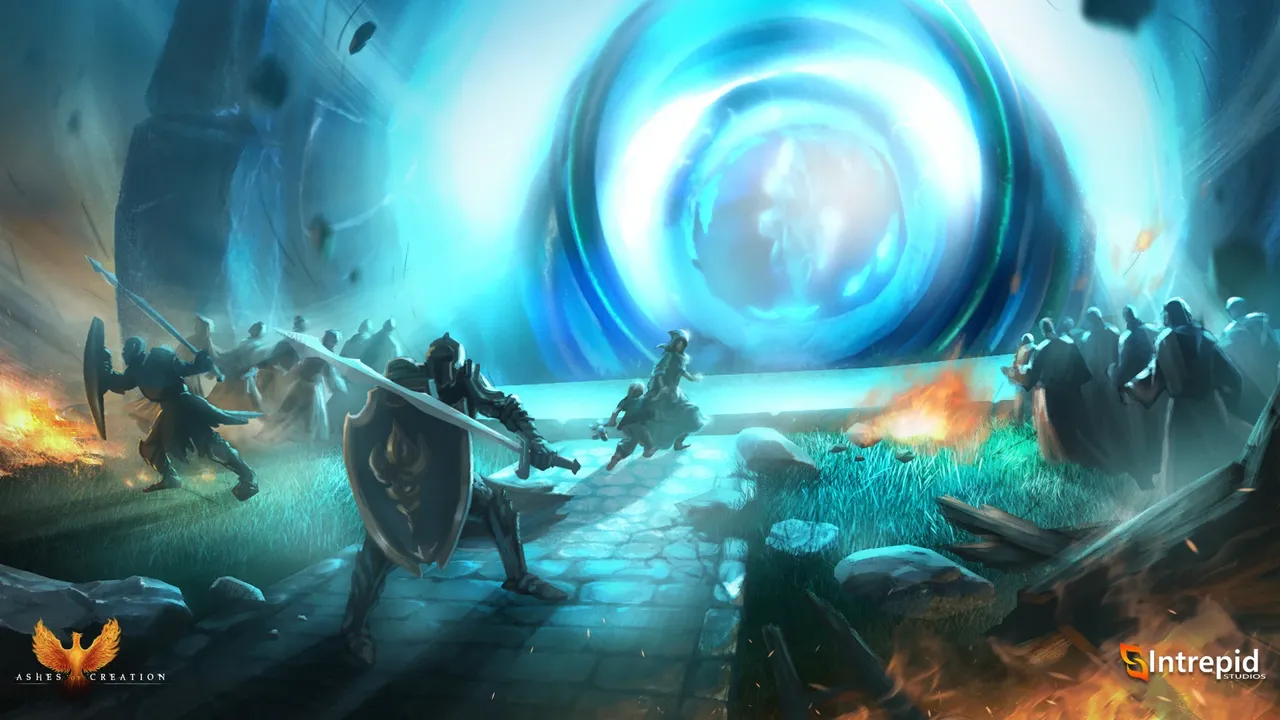 Ashes of Creation developer Intrepid Studios reportedly shutting down following internal conflict
Ashes of Creation developer Intrepid Studios reportedly shutting down following internal conflict -
 Apex Legends Nintendo Switch support ending later this year, EA confirms
Apex Legends Nintendo Switch support ending later this year, EA confirms -
 Over 50% of game developers say generative AI is harming the industry, report reveals
Over 50% of game developers say generative AI is harming the industry, report reveals -
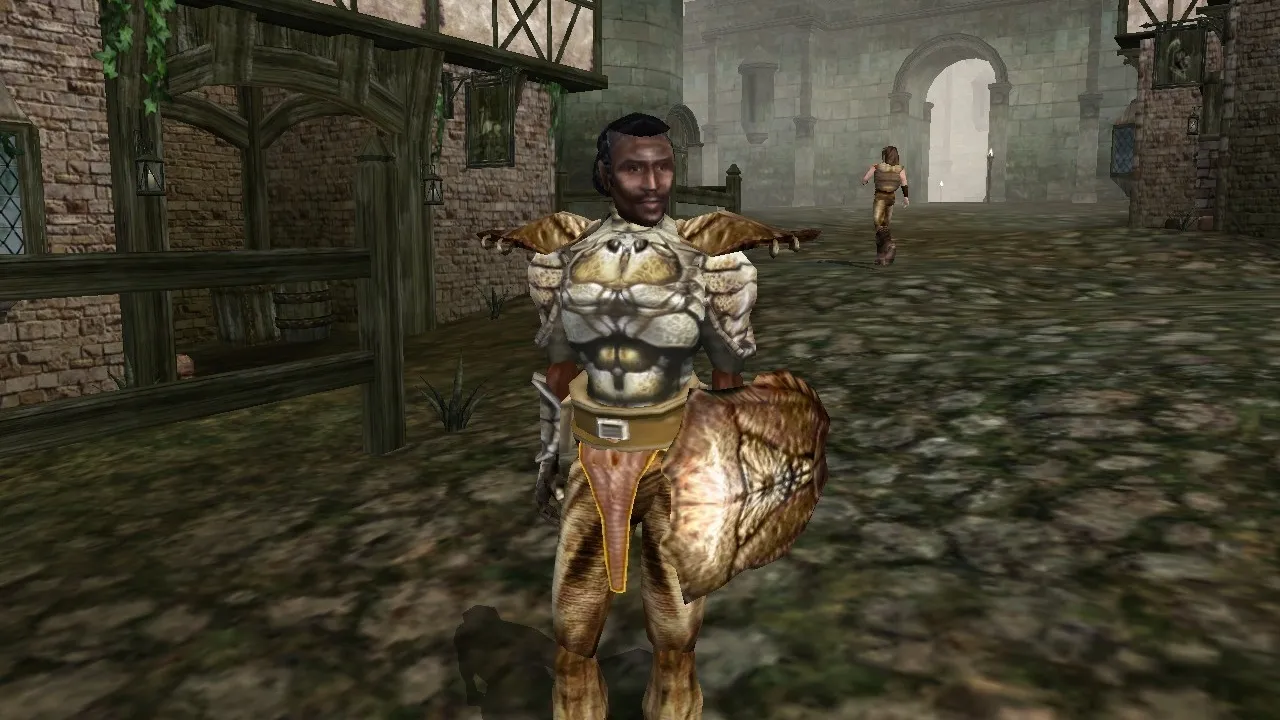 Former Bethesda veteran casts doubt on Morrowind remake, suggests new games in the Elder Scrolls universe instead
Former Bethesda veteran casts doubt on Morrowind remake, suggests new games in the Elder Scrolls universe instead -
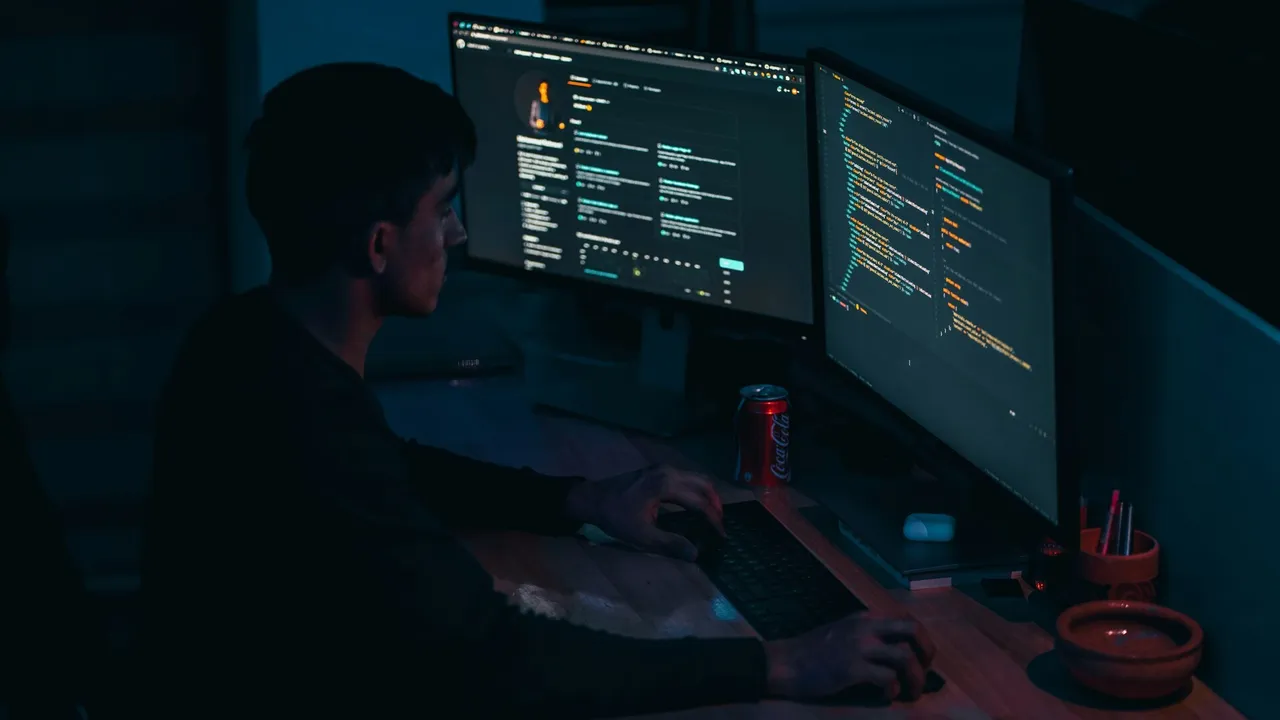 GDC survey reveals over a quarter of game developers have been affected by layoffs in two years
GDC survey reveals over a quarter of game developers have been affected by layoffs in two years -
 Google releases prototype AI tool Project Genie that generates playable worlds, even if they contain copyrighted material
Google releases prototype AI tool Project Genie that generates playable worlds, even if they contain copyrighted material -
 Beyond Good & Evil 2 Creative Director reassures fans that Ubisoft is "committed" to the project amid restructuring
Beyond Good & Evil 2 Creative Director reassures fans that Ubisoft is "committed" to the project amid restructuring -
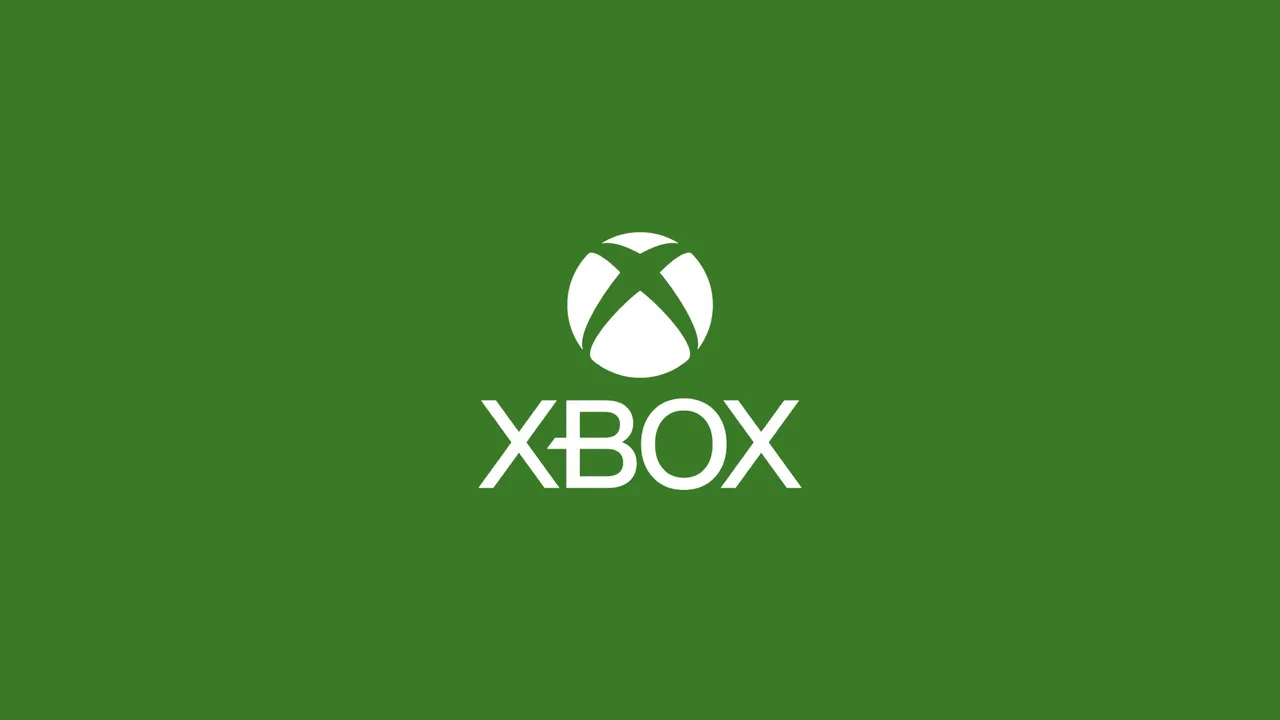 Xbox gaming revenue continues to decline as hardware sales struggle
Xbox gaming revenue continues to decline as hardware sales struggle